What Makes A Country Expat-Friendly?
Most people start thinking about moving abroad by asking the wrong kind of question. They ask which country is best for expats, as if there’s some...
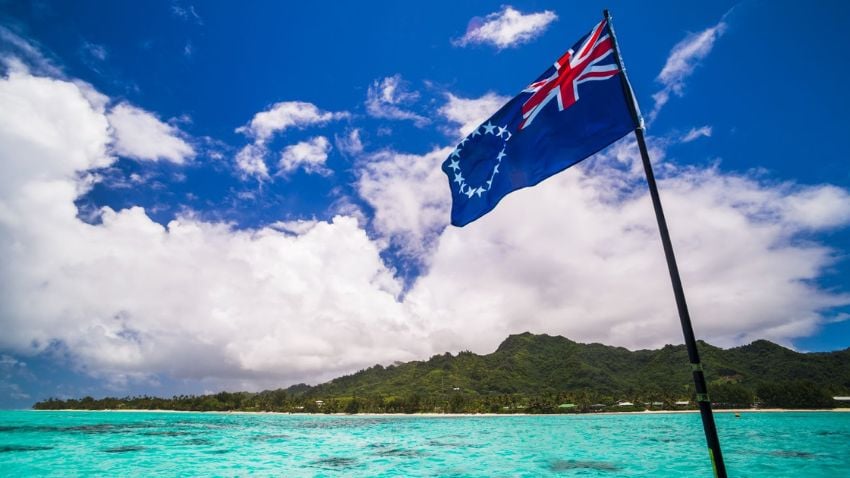
3 min read
The Cook Islands is a New Zealand-belonging autonomous archipelago located in the Pacific Ocean, in the same timezone as Hawaii. This territory is one of the strongest jurisdictions on the planet for protecting assets. Setting up a trust here might be a great way to manage and protect your wealth, whether you are a high-net-worth individual or just a hard worker eager to take control of your property.
This state started enacting regulations on asset protection in 1984 with The Cook Islands Trust Act, which was amended in 1989. The workforce is knowledgeable, and the financial infrastructure along with the well-grounded Common Law-based regulatory system makes The Cook Islands a relevant actor in the off-shore asset protection industry. So this might be an excellent option in case you want to protect the fruits of your labour against all sorts of political, economic or legal threats.
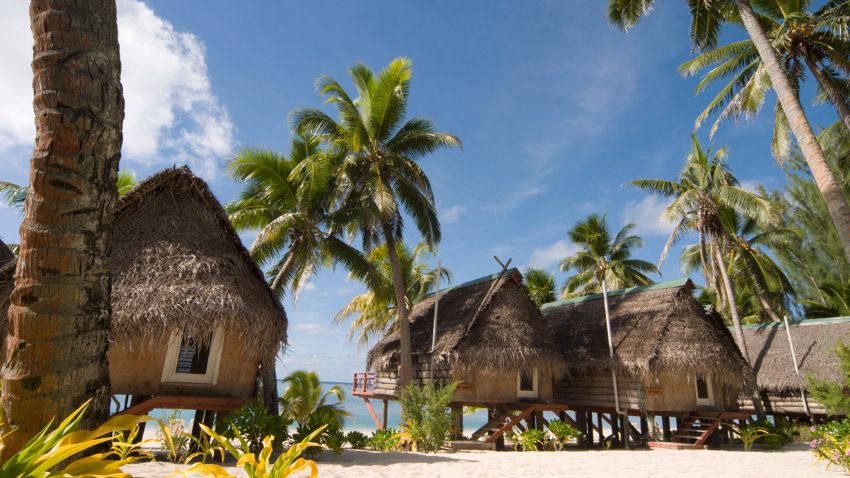
Beach Resort in Cook Island
In recent times, we have witnessed governments all over the world, especially in the West, planning on passing more regulations to impede financial freedom. Wealth tax, property tax, income tax, and even inheritance tax. Not only that, but the most radical leaders and politicians propose confiscations of land or Real Estate if they are not productive in their eyes. These heavenly Islands, which have been a pioneer in the industry for a couple of decades, offer a solid legal instrument from which you can benefit.
These trusts ensure anonymity for settlors and beneficiaries as well as a refuge against lawsuits. Trust deeds are not publicly available. Indeed, the regulation is so protective of settlors that if a trustee transfers assets without compliance with the Cook Islands’ law, they will be prosecuted and obliged to pay fines of over $100,000. On top of that, your country’s courts will have no influence on your trust in the Islands, as it is the only country in the world where foreign judgements are not carried out. In other words, it is nearly impossible for foreign courts and governments to lay their hands on your assets.
To make the statement even clearer, suppose some court has ordered your country's authorities to go after your Cook Islands’ trust assets. That would be no problem, as your trustee ought to step in. Since he is not operating under the country’s law, but rather under that of the Cook Islands, your assets will not be confiscated. That is how solid the legal trust structure is. This sort of circumstance is called “Impossibility to Act.” After the legal dispute you can take back control. When they say the rich own nothing, it means they own a legal entity that actually owns the assets.
All kinds of assets such as Real Estate, stocks, intellectual property, etc. can be included in these trusts. Moreover, you are free to create a trust that lasts forever and is passed on to your descendants and loved ones. Thus, a Cook Island trust makes a good instrument for securing the financial future of your family. Moreover, no minimum amount of assets must be in the territory, which offers you great freedom to put them wherever you want.
Related content: The Basics Of How To Get A Second Passport Or A Second Residency

Cook Island Dollar
Setting up a Cook Islands Trust will require documents such as:
The company registering the trust will ask the settlor to clearly state that the fund is not to be used for fraudulent or criminal intentions. Another important feature is that technically, for it belongs to New Zealand, this territory is within one of the least corrupt countries on Earth.
Even though it must be noted that you might be liable to pay taxes in the country in which you reside, this type of trust will not make you pay any in the Cook Islands. Thus you will not have to deal with any of the following: income tax, capital gains tax, inheritance tax, excise tax, gift tax, etc. That is why this beautiful territory is fantastic if you aim for:
And much more.
As in any Trust, there are three (or four) parties involved: settlor, trustee, beneficiary and optionally a protector. Creating a Trust in the Cook Islands is reasonably priced, as what you get in exchange is well worth it. Yearly fees will apply too.
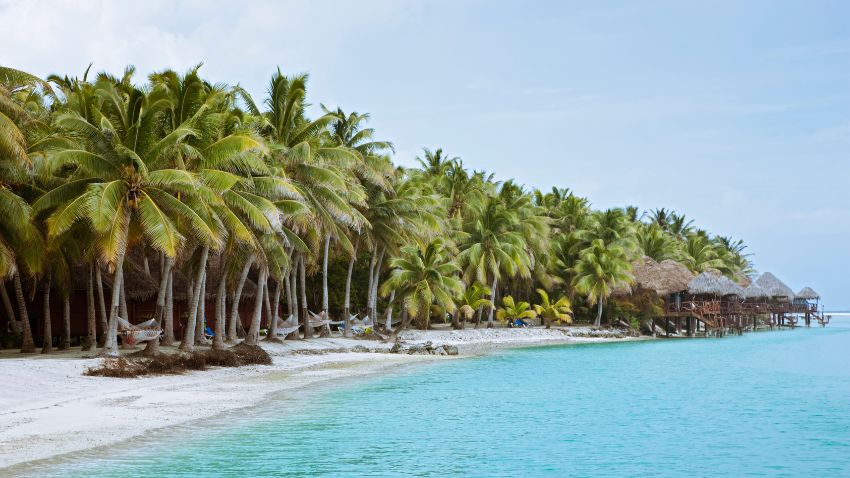
Aitutaki Cook Islands Tourist Resort
The Cook Islands make a good choice for those wanting to protect their wealth and their legacy. It is a major player in the offshore financial industry, helping individuals both reduce their tax bill and increase their privacy and legal protection.
If you want the best intel from the expat world, including profitable offshore opportunities, little-known tax-saving strategies, and hard-won insights on immigration, passports, and Plan-B residencies, all delivered to your inbox every single week, then join our daily correspondence, EMS Pulse®. Currently enjoyed by over 84,000 expats and expat-hopefuls worldwide. Fill in the form below to join our newsletter free:

Written by Mikkel Thorup
Mikkel Thorup is the world’s most sought-after expat consultant. He focuses on helping high-net-worth private clients to legally mitigate tax liabilities, obtain a second residency and citizenship, and assemble a portfolio of foreign investments including international real estate, timber plantations, agricultural land and other hard-money tangible assets. Mikkel is the Founder and CEO at Expat Money®, a private consulting firm started in 2017. He hosts the popular weekly podcast, the Expat Money Show, and wrote the definitive #1-Best Selling book Expat Secrets - How To Pay Zero Taxes, Live Overseas And Make Giant Piles Of Money, and his second book: Expats Guide On Moving To Mexico.
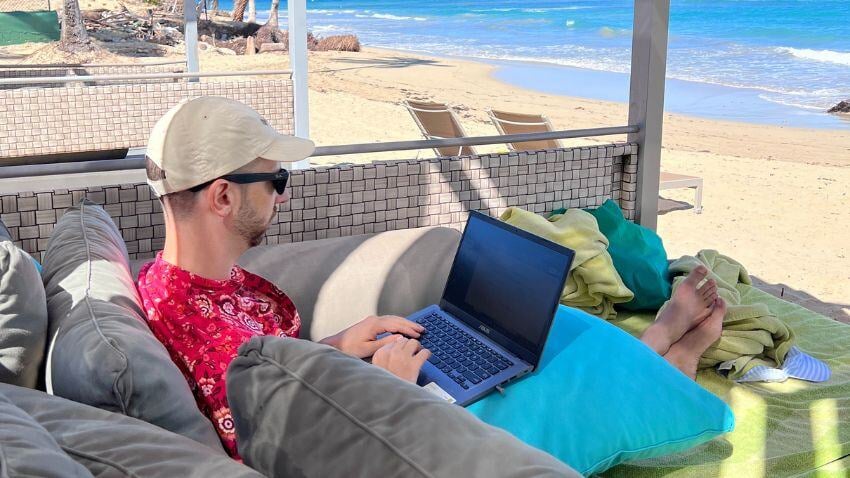
Most people start thinking about moving abroad by asking the wrong kind of question. They ask which country is best for expats, as if there’s some...

Across Latin America, people are replacing socialist governments with leaders who promise security, order, economic recovery, and a return to common...
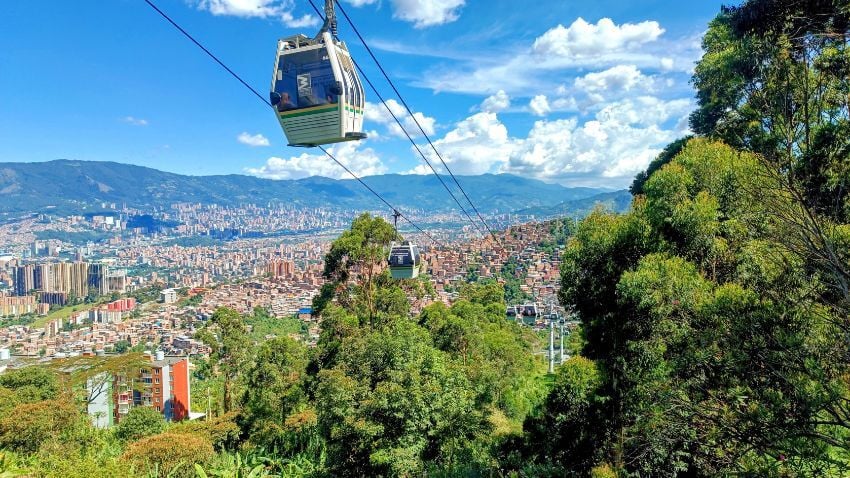
Colombia continues to move up the radar for people looking to live better, spend less, and build international optionality. With improving...